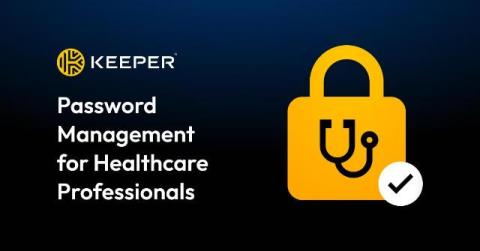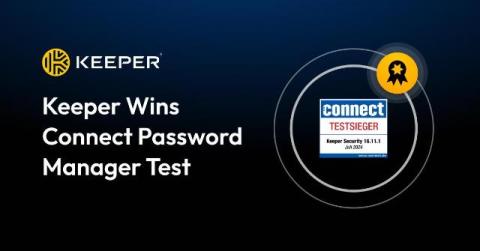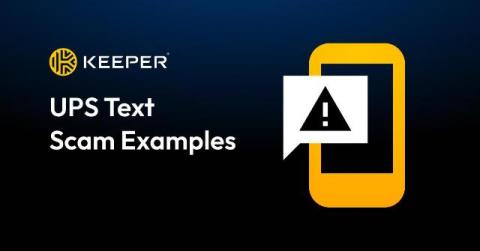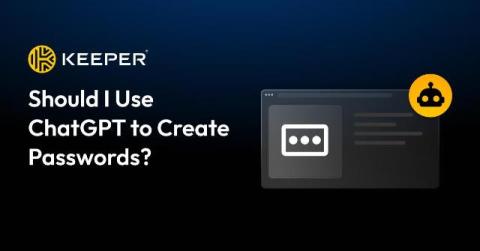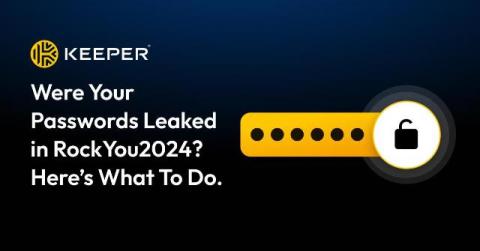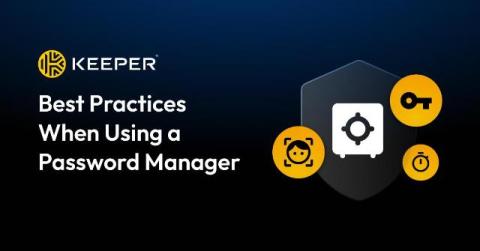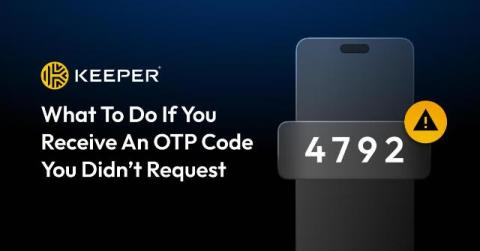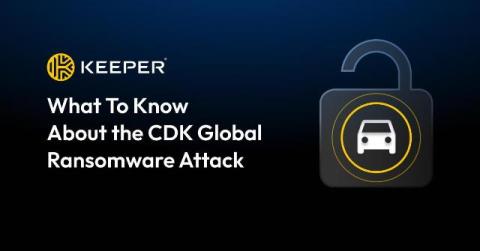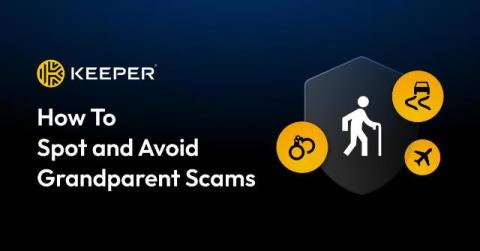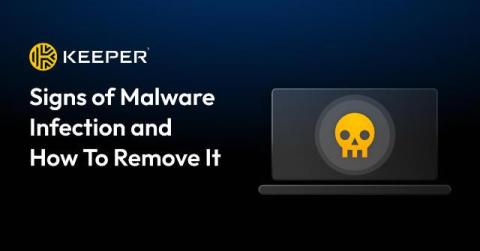Password Management for Healthcare Professionals
Password management in the healthcare industry is essential for maintaining the privacy of patient and employee information. HealthITSecurity reports that in just the first three months of 2024, there were over 115 data breaches in the healthcare industry. One of the most recent and largest data breaches in healthcare impacted over 2.3 million patients of Medical Management Resource Group at the end of 2023.


